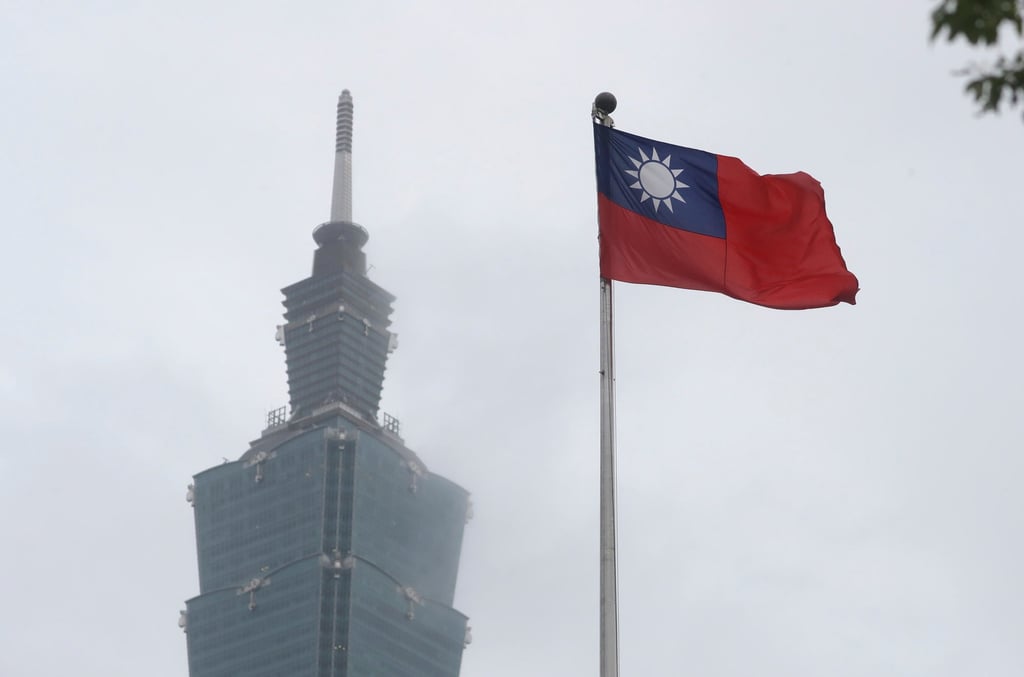Former Taiwanese legislative speaker Wang Jin-pyng, a political heavyweight from the main opposition Kuomintang party, has proposed a new cross-strait framework that he says aims to reduce tensions and promote peace.
Wang’s concept of “separate governance without division” seeks to establish a situation where Taiwan and mainland China can coexist while maintaining separate governance, yet “share undivided sovereignty”.
The proposal was unveiled during the launch of a new think tank founded by Wang, the Moral Peace Union, on Sunday. He said it aimed to bridge the widening political divide between the self-ruled island and the mainland.

“The two sides of the Taiwan Strait are not subordinate to each other in terms of governance but share undivided sovereignty,” Wang said.
The plan acknowledges the reality of cross-strait separation but calls for collaboration to achieve the collective well-being of the Chinese nation.
Wang said the approach respected the current cross-strait status quo and did not deny historical ties between Taiwan and mainland China. “This separation without division is a pragmatic approach to create peace amidst the current cross-strait deadlock,” he said.
Beijing views Taiwan as part of its territory and seeks reunification, even by force if necessary. Although most countries, including the United States, do not recognise Taiwan as independent, Washington opposes any military action against the island and continues to supply arms for its defence.
Cross-strait relations have frayed since Tsai Ing-wen, from the independence-leaning Democratic Progressive Party, was elected as the island’s leader in 2016. Tsai refused to accept what is known as the 1992 consensus – a verbal agreement between the KMT government at the time and Beijing that there is “one China”, though each side is free to interpret what that means.

Comments are closed.